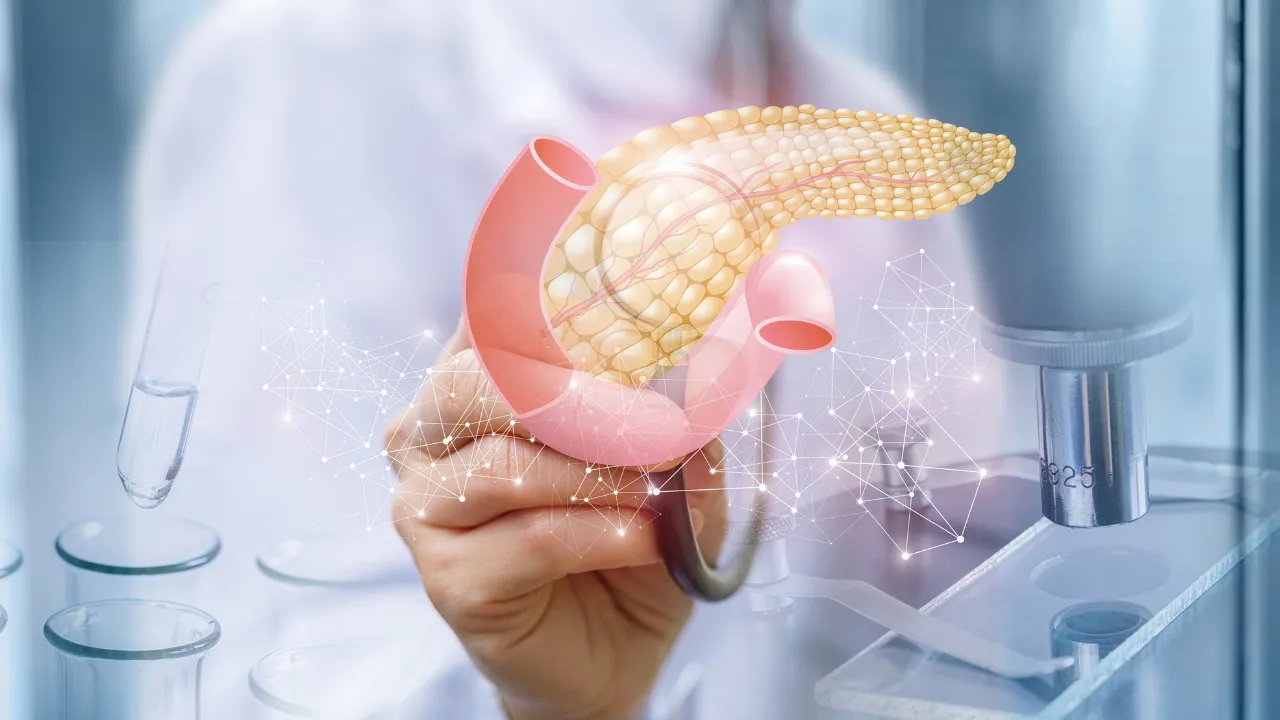5 Foods That Can Halt Diabetes
It’s no secret that diabetes is becoming more commonplace in our society. If you’ve been diagnosed with diabetes, you may be wondering about the efficacy and side effects of insulin, and if there are any natural foods that can help you control blood sugar. Type 2 diabetes affects the body’s ability to regulate blood sugar levels.
Every cell in your body depends on a constant supply of a sugar called glucose. Your body is very efficient in converting certain foods into glucose. However, if you’ve been diagnosed with diabetes, your cells may have a hard time absorbing this sugar.
That’s where insulin comes in. Insulin shuttles the simple sugars in your bloodstream throughout the body, ensuring that each cell is nourished. However, ingesting foods that help your body do this naturally can minimize the number of pinpricks and injections you’ll need.
Keeping your blood sugar on an even keel can prevent the more serious effects of diabetes, such as kidney damage, slow-healing, and loss of vision.

These foods can help you control your blood sugar:
Cinnamon
Cinnamon is an aromatic spice that’s derived from the bark of trees in the Cinnamomum family. Instantly recognizable for its rich, almost sweet flavor, cinnamon is a popular holiday spice.
• In people with diabetes, cinnamon has been found to be a powerful blood sugar regulator.
• According to the American Diabetes Association, cinnamon lowers overall blood sugar after 40 days of consecutive consumption. An easy way to incorporate cinnamon into your diet is to add it to coffee. As a bonus, you may find that you rely less on artificial sugars.
• Another way to add this spice to your diet is to sprinkle it over oatmeal. If you chew sugar-free gum, reach for the cinnamon variety. Additionally, a study from Wheeling Jesuit University found that cinnamon also strengthens memory.
Ginseng
According to the eCAM study, "Ginseng on Hyperglycemia: Effects and Mechanisms," ginseng lowers fasting and post-meal blood sugar levels.
• Researchers aren’t entirely sure how this works, but many experts believe that ginseng protects pancreatic beta-cells.
• You can add ginseng to tea, and it’s available in chewing gum and nutritional supplements. Ginseng is also a blood thinner, so be careful if you’re on blood-thinning medications.
Broccoli
Broccoli. Often touted as a "super food," broccoli contains more chromium than any other easily obtainable vegetable.
- Several studies have demonstrated that chromium stabilizes blood sugar. A single serving of broccoli contains 53% of the Dietary Reference Intake for the mineral.
Oatmeal
Oatmeal. Fiber helps to stabilize blood sugar, and oatmeal is full of fiber.
- A cup of whole oats will provide you with 16 grams of life-sustaining fiber. Additionally, fiber is high in magnesium, which is important for sleep quality and nervous system function.
Peanuts
Peanuts. The Harvard School of Public Health has demonstrated that a few peanuts or a spoonful of peanut butter in the morning can help control blood sugar.
- Peanuts have a glycemic index score of 14. Peanuts release their sugar content into the body slowly, which keeps you full and may prevent cravings for sugary foods.
Incorporating these foods into your diet today could mean relying less on insulin tomorrow. But remember to consult your doctor before making any major changes in diet. Also, be aware of the potential for allergies to foods you haven’t tried before. If you plan to add many new foods to your diet, it’s a good idea to do so one at a time.
Copyright 2023. All rights reserved.
This site and the products and services it offers, are not associated or affiliated with, nor endorsed or sponsored by Youtube or its parent. They have not been reviewed, tested or certified by Youtube or its parent company. Causes of ailment or condition vary amongst individuals. It is incumbent on each individual to perform due diligence before purchasing any product or service recommended by this site, to verify with the manufacturer any claim, statistic, quote or other representation about the product or service. Results mentioned in testimonials and references are not typical, and are intended to serve as examples only.This site may contain affiliate links, or other forms of compensation. An affiliate link is where we recommend a product or service and provide a link through which you may purchase. In the event that a purchase is made, we will be compensated. These statements have not been evaluated by the Food and Drug Administration.
